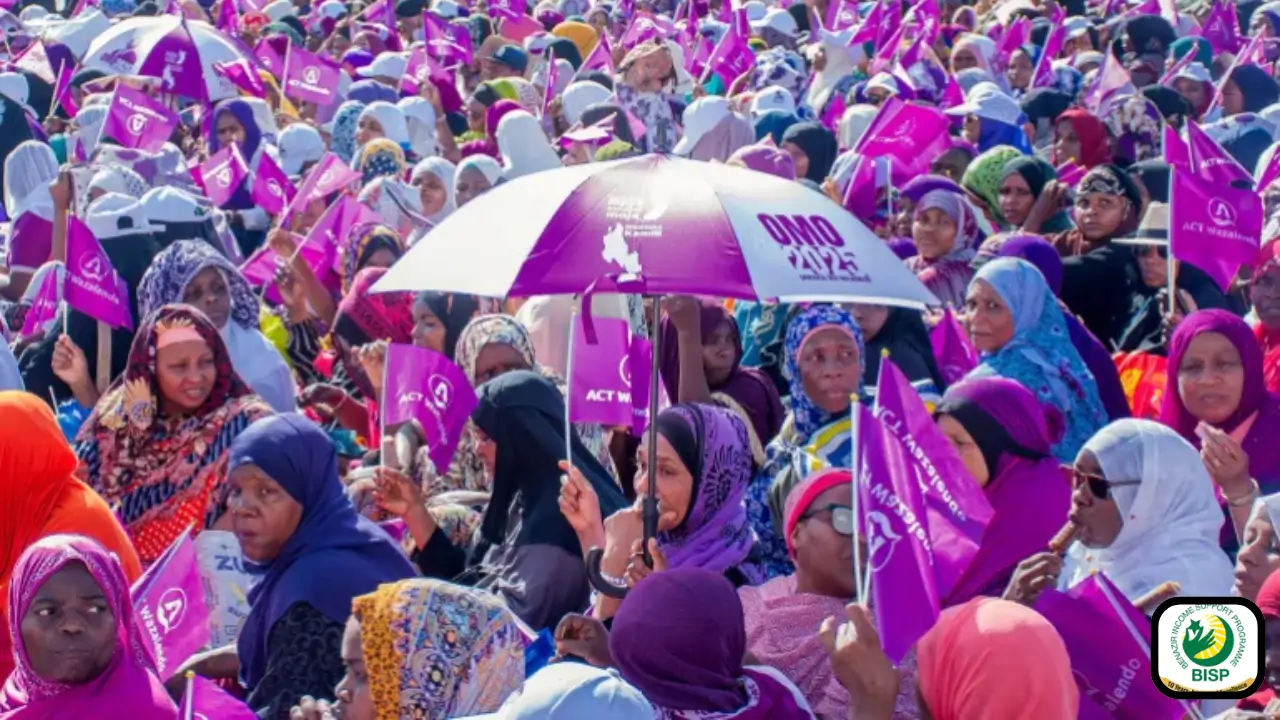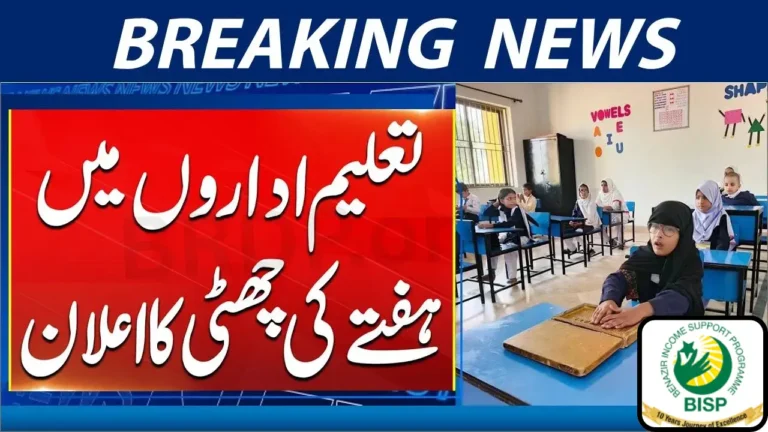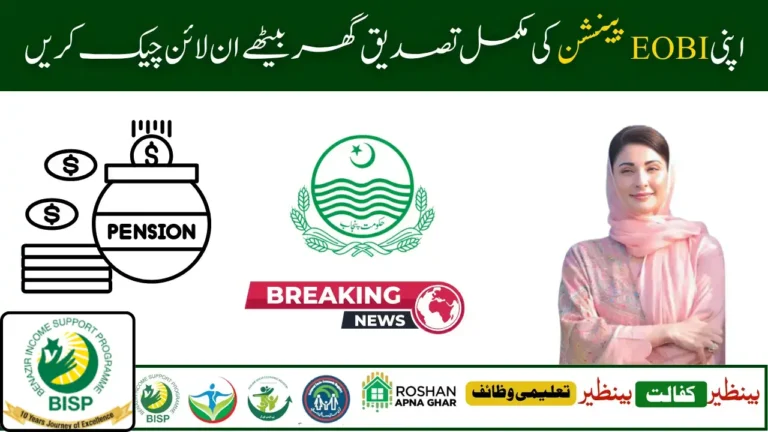Tanzania Elections 2025 Latest Updates and Results Coverage
The Tanzania Elections 2025 have become one of the most closely watched political events in the nation’s recent history. Citizens, political analysts, and international observers were eager to see how the presidential, parliamentary, and local contests would unfold. With decades of single-party dominance, these elections offered both continuity and an opportunity for emerging political voices to make an impact.
Leading up to the polls, the atmosphere across the country was a mix of anticipation and tension. Voters focused on issues such as economic development, healthcare, education, and social equity, while political parties campaigned vigorously to win support. The elections were not just about determining leadership but also about testing the integrity and effectiveness of Tanzania’s electoral system.
Understanding the Tanzanian Electoral System
Tanzania’s elections operate under a multi-tiered system, where the president is elected using a first-past-the-post approach, and parliamentary and local government representatives are chosen similarly. Special seats are reserved for women and marginalized communities to ensure broad representation. This system aims to balance national leadership with local governance, making the Tanzania Elections 2025 critical for shaping policy at all levels.
Candidates and Political Parties
The 2025 elections featured several candidates from both the ruling party and opposition groups. The ruling party leveraged its longstanding political presence, while smaller opposition parties emphasized reform, transparency, and inclusive governance. Although the opposition faced challenges in reaching wider audiences, their participation highlighted Tanzania’s growing political diversity.
BISP 8171 Web Portal 2025 Updates
Campaign Strategies and Voter Outreach
Campaigns were a combination of traditional rallies, media broadcasts, and digital outreach. Candidates emphasized practical solutions to pressing issues such as job creation, infrastructure development, and social welfare programs. Social media was particularly influential in connecting with younger voters, while community meetings ensured engagement in rural areas.
Voter Turnout and Participation
Voter turnout for the Tanzania Elections 2025 showed strong regional variations. Urban areas generally experienced higher turnout due to easier access to polling stations, while rural districts faced logistical challenges. Overall, the engagement demonstrated a robust sense of civic responsibility among Tanzanians.
BISP NSER Survey 2025 Registration
Election Day Overview
Polling stations opened early, and security measures were in place to maintain order. While some regions experienced delays, the voting process was generally smooth. Citizens participated actively, and election officials worked diligently to ensure transparency.
Preliminary Results and Analysis
| Candidate | Estimated Vote Share |
|---|---|
| Ruling Party Candidate | 92% |
| Main Opposition Candidate | 6% |
| Other Candidates | 2% |
The preliminary results indicated a decisive lead for the incumbent party’s presidential candidate, reflecting strong public support and organizational strength. Parliamentary and local results also favored the ruling party, though smaller opposition victories highlighted pockets of competitive political activity.
CM Punjab Scheme 2025 Registration Process
Public Response and Reactions
Following the announcement of results, reactions varied. Supporters celebrated the outcome as a reaffirmation of stability, while opposition groups called for reforms to increase political inclusivity. Public demonstrations and civic dialogues emerged, emphasizing both approval and the desire for greater accountability in governance.
Implications for Governance
The results of the Tanzania Elections will influence national policy and governance in the coming years. With a strong mandate, the ruling party can pursue economic, social, and infrastructural initiatives. However, addressing calls for political inclusivity and dialogue with opposition parties will be crucial to maintaining long-term stability.
Xiaomi 17 Pro Max First Look Design
Tanzania’s Political Landscape
As Tanzania moves forward, key priorities will include strengthening electoral institutions, promoting civic engagement, and fostering transparency in governance. How the government and opposition navigate these challenges will shape the country’s democratic trajectory and affect its regional and international standing.
Conclusion
The Tanzania Elections 2025 have highlighted the country’s ongoing political evolution. While the ruling party achieved a commanding victory, the elections revealed challenges in representation, participation, and inclusivity. Moving forward, Tanzania must focus on strengthening democratic institutions and ensuring that all citizens’ voices contribute meaningfully to national development. By embracing transparency and dialogue, the nation can turn this electoral milestone into a foundation for sustainable governance and political stability.
DISCOs Smart Meter Implementation






